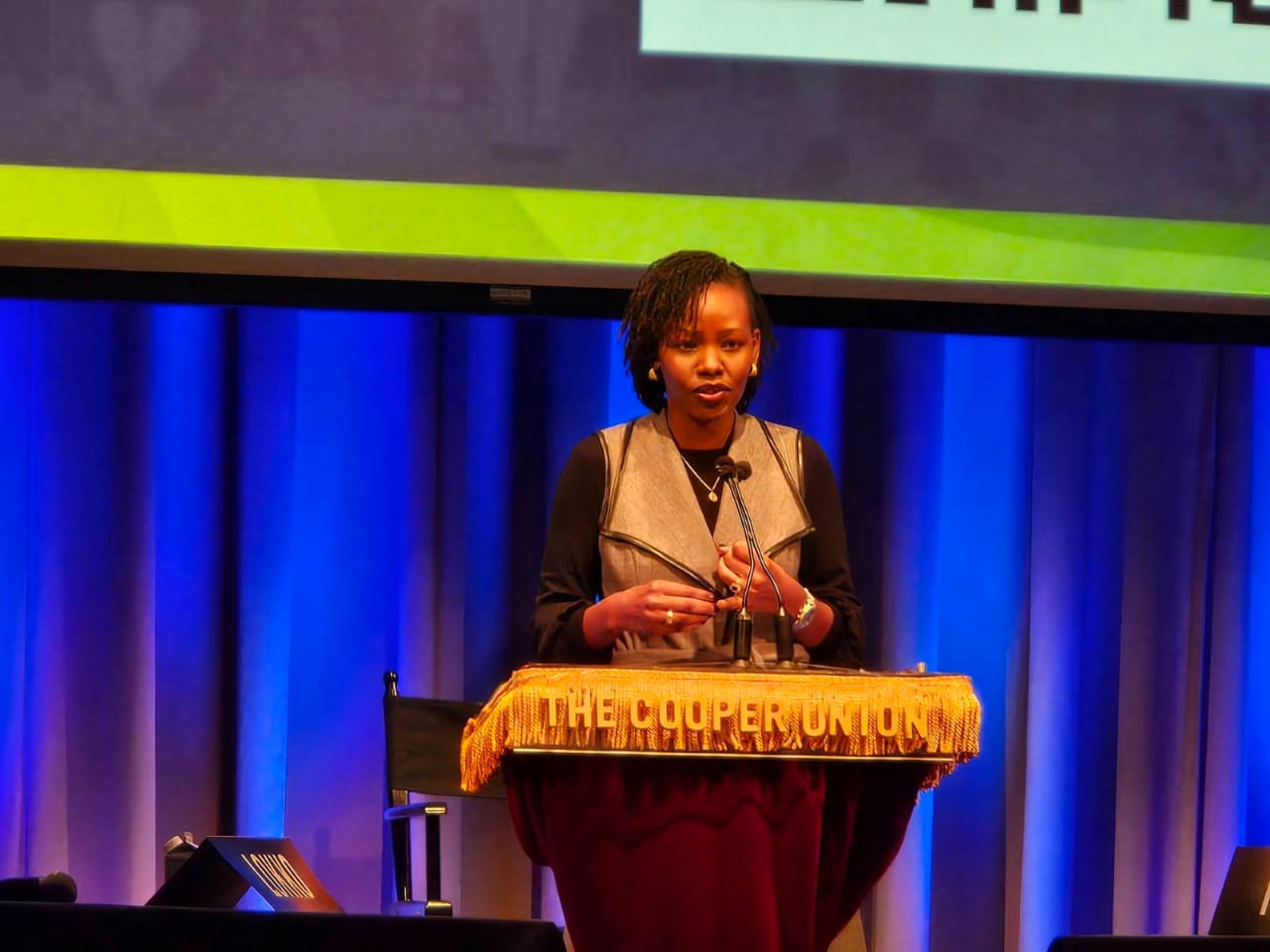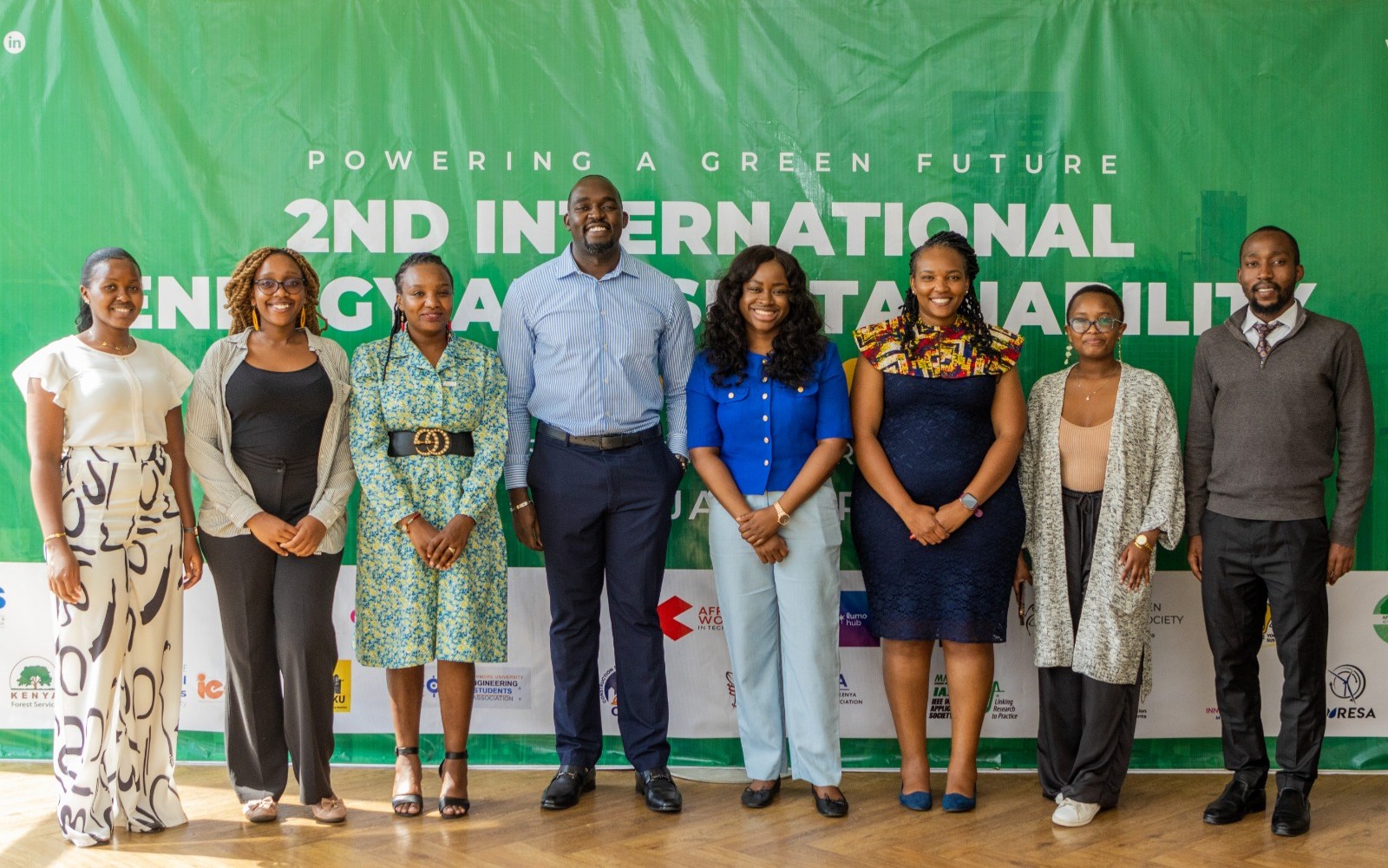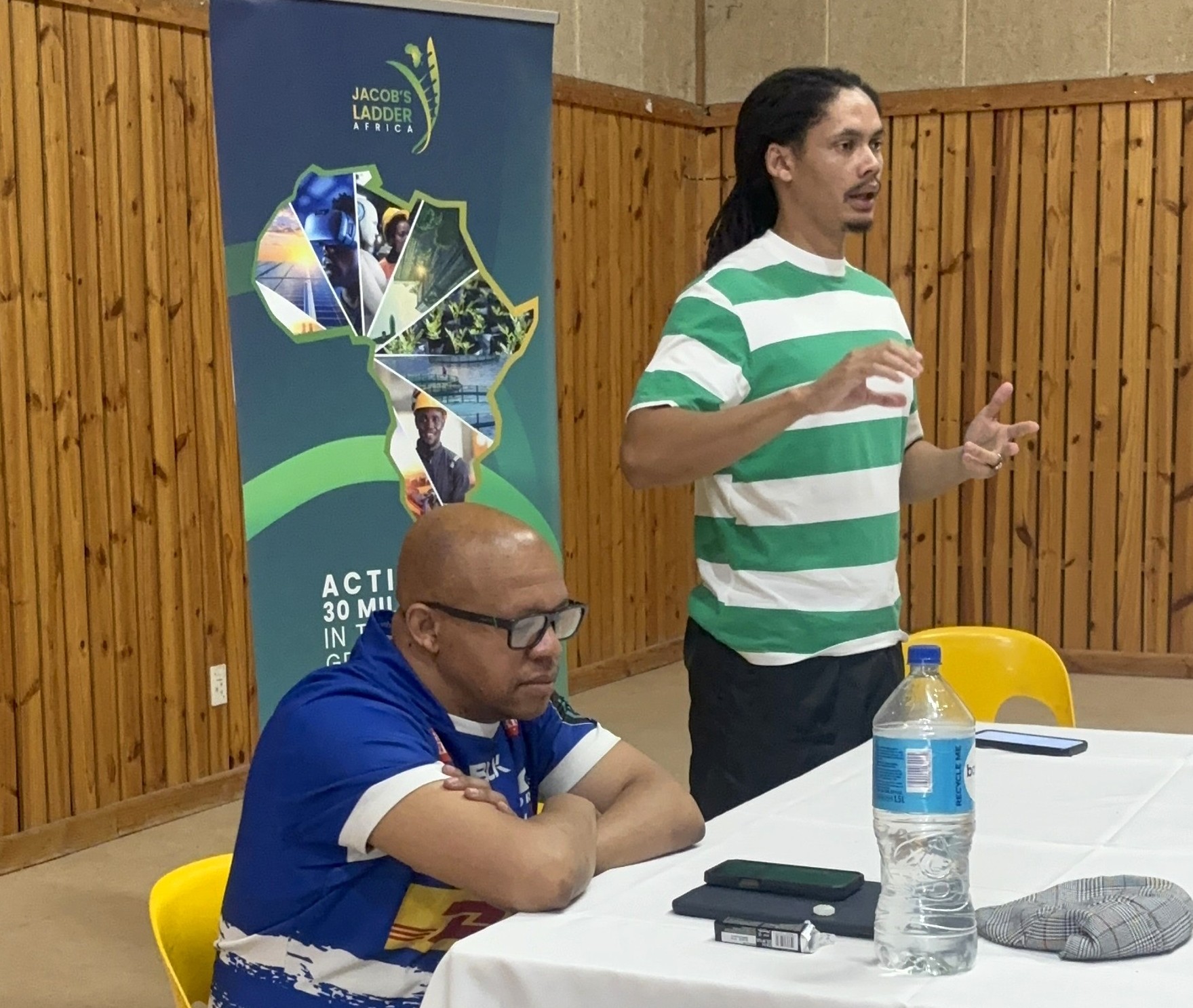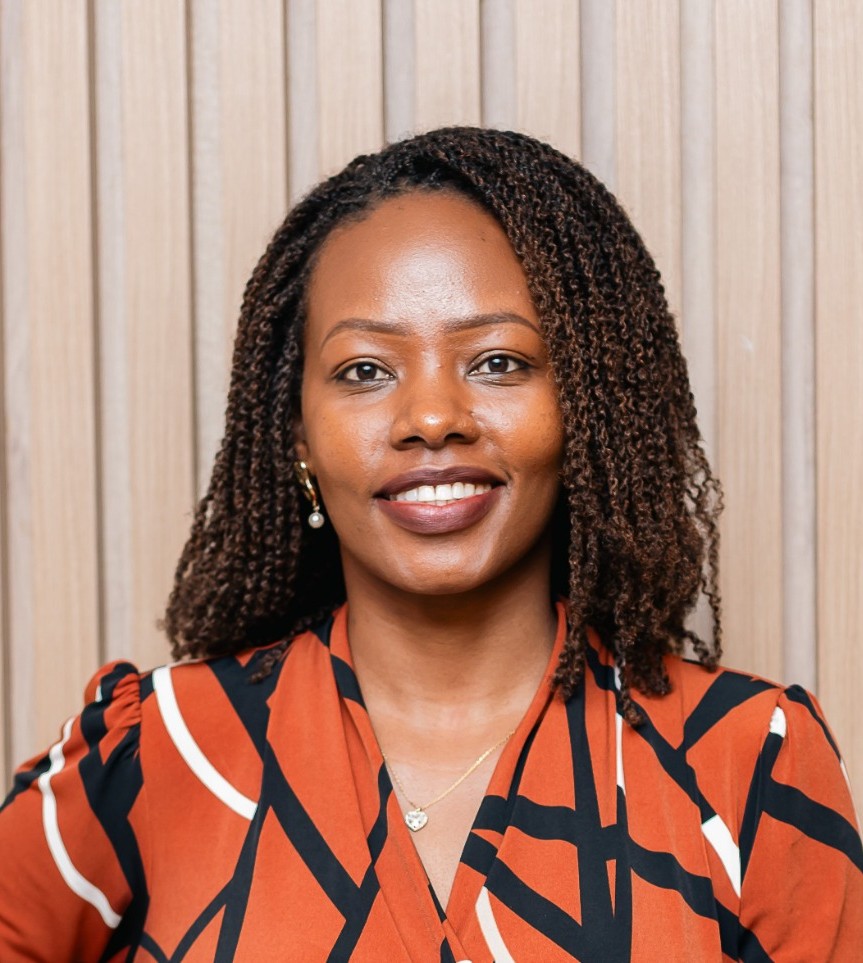Jacob’s Ladder Africa (JLA) had the opportunity to convene two side events during New York Climate Week. Its second side event, held in partnership with The Cooper Union was hosted at the iconic Great Hall on Thursday, September 26, 2024.
The event was held on the premise of an often-overlooked powerhouse in the fight against climate change: Africa’s Bioeconomy, exploring how the continent can harness its vast biological resources to drive sustainable development and combat global warming.
The event was graced by the following notable individuals:
- Sellah Bogonko, Co-Founder and CEO of Jacob’s Ladder Africa (JLA)
- Mokena Makeka, ACAP Ambassador and Director of The Cooper Union Civic Projects Lab
- James Irungu Mwangi, Founder and CEO of Africa Climate Ventures, Inaugural member of The Rockefeller Foundation Climate Advisory Council
- David Heartz, Founder of Gastromotiva
- Dr. Wanjiru Kamau-Rutenberg, ACAP Ambassador and Senior Fellow at the Ford Foundation
- Serah Makka, ACAP Ambassador and Africa Executive Director of the ONE Campaign
- Mae-ling Lokko, Assistant Professor at the Yale School of Architecture
“Africa holds the key to the global energy transition,” stated Sellah Bogonko, CEO and Co-Founder of Jacob’s Ladder Africa. Her words carried weight, backed by startling statistics: Africa’s renewable energy potential is a staggering 50 times the anticipated global electricity demand by 2040. Yet, in a stark illustration of global inequity, the continent currently receives a mere 2% of global clean energy investments.
The convening wasn’t just about highlighting disparities, however. In his keynote address, James Mwangi Founder and CEO, Africa Climate Ventures; Inaugural Member, The Rockefeller Foundation Climate Advisory Council emphasized the need for Africa to realize that it is not just a passive host, “the excitement lies in how we look at Africa’s surging youthful population and ask how they could contribute to a climate positive bioeconomy driven model,” he said. “We can make Africa’s bioeconomy an exporter to the world, with the world’s largest workforce, untapped natural resources and endowments of renewable energy, ” he further explained.
The bioeconomy, a concept that might sound complex, is surprisingly intuitive. It’s about using nature’s tools – from plants and microorganisms to entire ecosystems – to create sustainable solutions across all sectors of the economy. For Africa, a continent blessed with incredible biodiversity and renewable energy potential, the bioeconomy represents not just an environmental imperative, but an economic opportunity of staggering proportions.
The collaboration with The Cooper Union’s Civic Projects Lab added another dimension to the dialogue. By bringing together African ingenuity with American innovation, the summit created a fertile ground for cross-pollination of ideas. This partnership embodied the global cooperation necessary to tackle climate change effectively.
The most exciting aspect of Africa’s bioeconomy potential is its promise of leapfrogging. Unlike regions burdened by legacy fossil fuel infrastructure, much of Africa has the opportunity to skip straight to cleaner, more sustainable technologies and set a new standard for sustainable development worldwide.
However, realizing this potential will require overcoming significant challenges. Chief among these is the need for substantial financial investment. The message from the event was clear: investing in Africa’s bioeconomy isn’t charity – it’s a crucial step toward achieving global net-zero targets.
As the event concluded, a palpable sense of optimism filled the air. The bioeconomy offers a path to address multiple challenges simultaneously: mitigating climate change, creating green jobs, and driving sustainable economic growth. In the grand narrative of climate action, Africa’s role is evolving from that of a vulnerable continent to a wellspring of solutions and the continent is poised to write a new chapter in the story of sustainable development.







